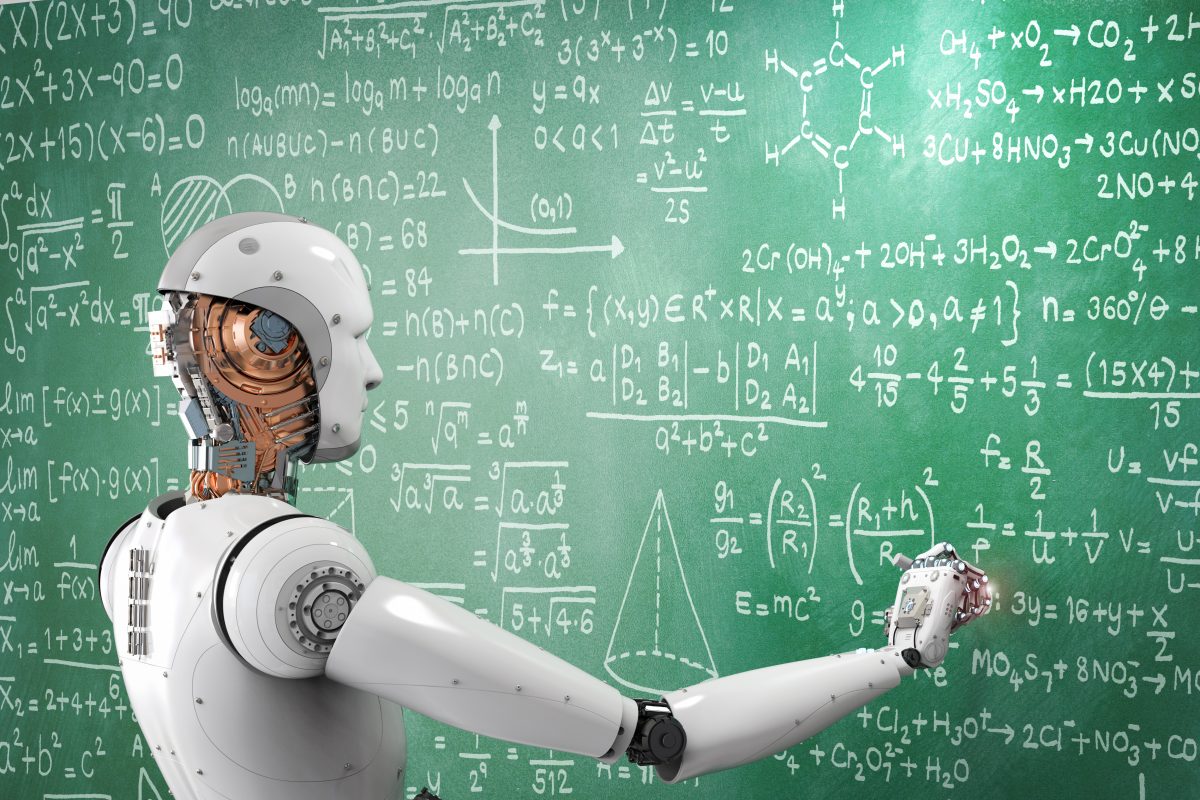As humans we tend to place a lot of trust in the reliability of intuition in leading us to make good decisions, particularly when meeting new problems or experiences where we can’t make direct use of precedents. Conversely, we are often sceptical about the ability of machines to make good decisions in these kinds of situation, given that they cannot draw upon this uniquely human resource, and must rely only on what they have already learned or experienced or been taught.

So, how reliable is human intuition, and should we be placing so much faith in it?
The book “Thinking Fast and Slow” by Daniel Kahneman gives many examples where our tendency to rely upon unconscious decision-making is not only leading us to making poor decisions, but also tricking us into believing that we know what we are doing and that our decisions are sound! He devotes a whole section to the subject of the human mind as “a machine for jumping to conclusions”.
Our unconscious, when searching for the answer to a (hard) question, will often substitute the answer to a related (easier) question to which the answer is known. In order to answer the question “how much would you pay to help save an endangered species?” we would need to gather facts and do detailed analysis, and even then we wouldn’t feel very confident that we had the right answer. So our minds will often unconsciously substitute a question that is much easier and more instinctive for us to process, such as “How much emotion do I feel when I think about dying dolphins?” – a question that we can quickly both find an answer to, and feel confident about. We aren’t aware that we do this, but there have been many studies that prove that this is what people do.
Our responses are also affected by context and by what has gone before. For instance, a group of students were asked two questions: “how happy are you these days?” and “how many dates did you have last month?”. When asked in this order, the correlation between the two sets of answers was found to be zero. However, when reversed, student happiness was found to be strongly correlated with success in their romantic lives; having been encouraged to contemplate their degree of success in one area of their lives, their subjective assessment of happiness was affected.
Then there is the “Halo Effect” where we experience predisposition to confirm previous beliefs: if we have a good impression of an individual or organisation, then we are predisposed to arrive at positive conclusions in the future, and vice versa.
Even when making conscious decisions in a considered and careful manner, we are still guilty of being inconsistent; decision-making outcomes are affected by a wide range of external factors. For example, judges have been shown to give more lenient judgements at the beginning of the day or just after a break.
So should we trust humans or machines?
This is such a complex area because of course the machines we use to make decisions on our behalf are all created and programmed by humans in the first place. It stands to reason then that any underlying bias, unconscious or otherwise, will be inherent in the algorithms and machines which we use to make decisions.
We will be exploring this fascinating topic in more detail in the coming weeks with a look at machine learning and gender bias in data.




About the author
IJYI Ltd
IJYI Ltd.